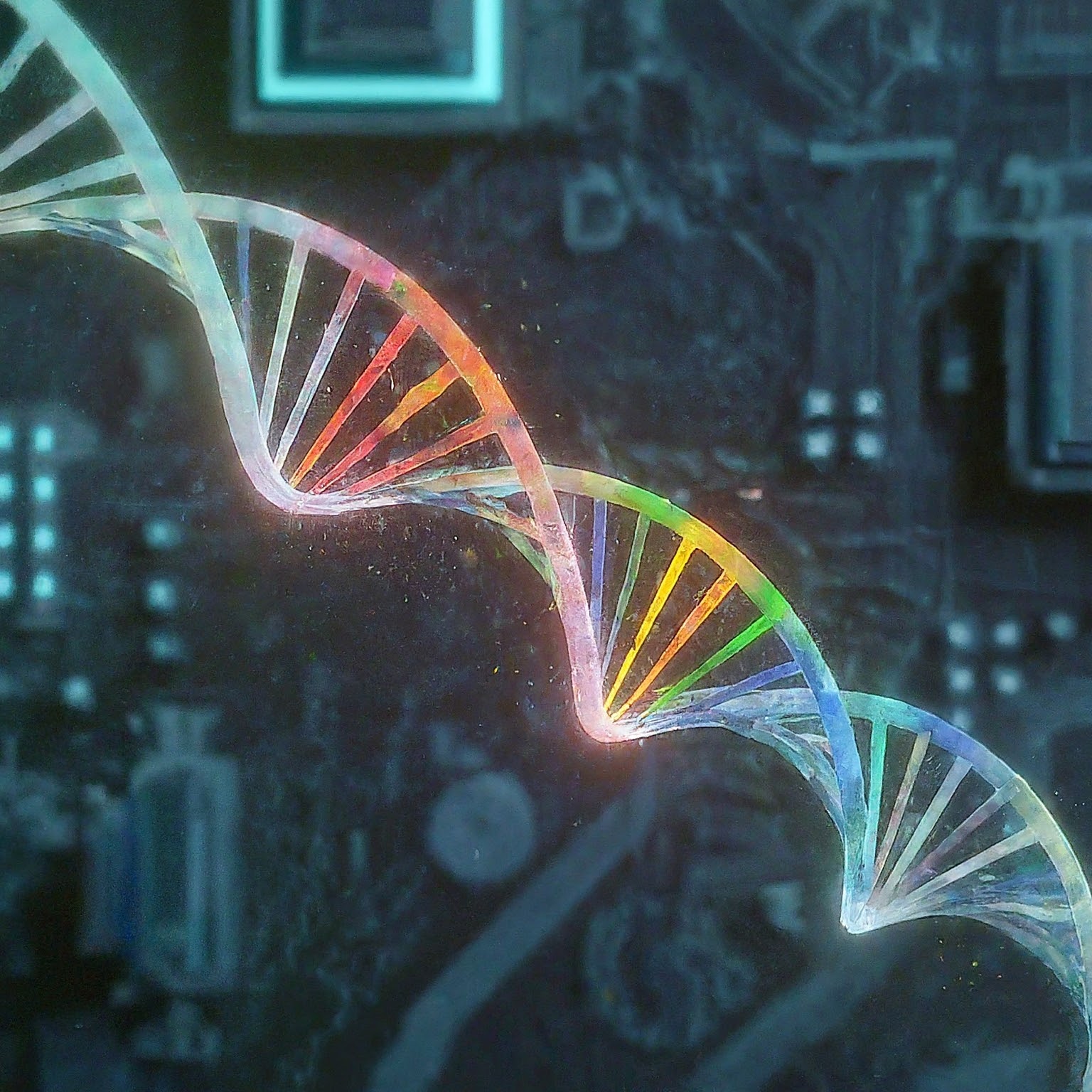Unlocking the Code: AI & NGS Revolutionize Personalized Medicine
27th Mar 2024
Revolutionary Advances in Genomic Data Analysis: Revealing the Secrets of the Genome

First of all,
Data analysis is essential in the rapidly developing field of genomics because it helps reveal the mysteries of the human genome and revolutionize healthcare. This blog explores the most recent, fascinating advancements reshaping this field. We'll discuss the most recent developments in Next-Generation Sequencing (NGS) analysis, the impact on personalized medicine, the transformative potential of AI and ML, and the ethical and legal issues that surround these potent instruments.
Revealing the Genome through Contextualized NGS Analysis
Recent advances in NGS technology have completely changed the field of genomics research. These developments, such as long-read sequencing, which decodes entire DNA molecules in a single run, and single-cell sequencing, which examines individual cells, have drastically lowered sequencing costs and increased accuracy. This opens the door to new discoveries about genetic variations and how they affect health and disease by enabling researchers to examine intricate genetic phenomena and illnesses in previously unheard-of depth.
Machine Learning and AI: Boosting Genomic Analysis
Analysis of genetic data is being greatly enhanced by the combination of AI and ML algorithms. These algorithms are capable of predicting the course of diseases, identifying intricate relationships between genetic variations and illnesses, and even assisting in the creation of individualized treatment regimens by analyzing enormous volumes of genetic data. AI, for instance, can use genetic data analysis to pinpoint patients who are most likely to benefit from a particular medication, resulting in more specialized and efficient treatment.
The Revolution of Personalized Medicine Driven by Genetics
Because genomic analysis makes personalized medicine possible, healthcare is being transformed. Doctors can discover genetic markers for drug response, learn more about a patient's susceptibility to particular diseases, and customize treatment regimens by examining each patient's distinct genetic composition. This strategy has enormous potential to improve clinical outcomes and, eventually, patients' quality of life through more efficient and minimally invasive treatments.
Getting Around in the Ethical and Legal Environment
As the analysis of genomic data spreads, privacy, data ownership, and informed consent become critical ethical and legal issues. We need to make sure that this potent technology is used fairly and responsibly. To tackle these obstacles, it is necessary to have transparent dialogues, strong moral guidelines, and laws that strike a balance between advancing science and safeguarding people's privacy and rights.
All Set to Go Further? Examining Resources and Genomics' Future The field of genomic data analysis is broad and dynamic. The following resources can assist you in going deeper:
Scientific Journals: State-of-the-art studies in the field are published in prestigious journals such as Nature Genetics, Science Advances, and Cell Genomics.
Online Courses: Beginner and advanced courses on data analysis and genomics are available on platforms such as Coursera and edX.
Genomics Organizations: Important resources and educational materials are offered by the Human Genome Organization (HUGO) and the National Human Genome Research Institute (NHGRI).
Looking ahead, a number of noteworthy advancements hold the potential to completely transform genomic data analysis:
Quantum computing is a new technology that has the potential to analyze large genomic datasets much more quickly, providing even more insightful results.
Direct-to-Consumer Genomics: Patients may find it simpler to obtain their own genetic information as technology advances, giving them more control over their healthcare choices.
Emphasis on Functional Genomics: Developing more specialized treatments will require an understanding of how genetic variations result in functional alterations in cells and tissues.
Alongside these developments, ethical issues will also keep changing. For genomic data to be used responsibly and fairly for the benefit of all, there must be open communication between scientists, decision-makers, and the general public.
By working together, we can take advantage of the potential that genomic data analysis offers to open up new avenues for healthcare and bring about personalized medicine and better human health in the future.
In summary:
Genomic data analysis is a cutting-edge scientific field with enormous promise to transform healthcare and advance human health. We can responsibly and ethically navigate the complexities of this field by keeping up with the exciting advancements in NGS analysis, AI integration, personalized medicine, and ethical considerations. The prospect of a healthier future for everybody is presented by this quest to discover the secrets of the genome.
